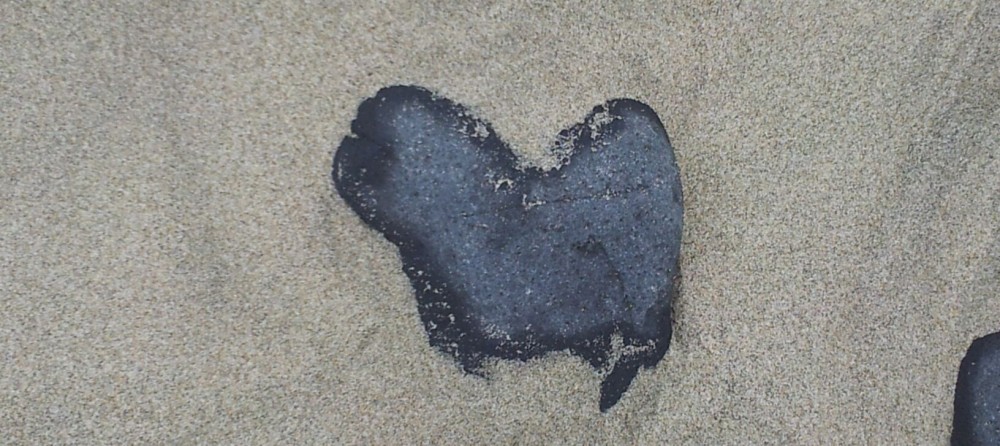During a peewee soccer game, one tiny player stared up into the sky, his eyes intently following the path of an orange butterfly. The coach and many spectators loudly called his name, but the ball rolled right past him without notice. His attention was elsewhere … in nature.
Children innately love nature. They crave connection with the living environment.
As they skip and tumble through the grass, collecting handfuls of leaves or carefully studying the movement of an insect, we may be reminded how much the ever-changing canvas of earth is a vital part of life.
Yet, according to Richard Louv, author of Last Child in the Woods, only 6 percent of children ages 9 to 13 spend time playing outdoors apart from when they’re at school.
For a number of reasons, including increased access to technology, children are spending less time outdoors and in unstructured play than ever before. For many parents and educators, this sparks concern that they could become increasingly isolated from the essential experience of exploring their natural world.
Most adults can recall summer days spent picking wild berries, counting the legs on a woolly bear caterpillar, making daisy or dandelion chains or scooping polliwogs into a jar with the hope of growing a frog. These memories became pivotal moments of childhood that lit up our creativity and ignited our sense of awe.
We learned important things about life and the world through this unstructured play time. It’s why we seek outdoor camps and summer programs for our children.
Engaging the Senses
Montessori education is known for using nature and the living environment to engage a child’s senses. Students gain creative control over their indoor and outdoor spaces through purposeful activities that teach responsibility for self, others and the environment. This encourages hands-on exploration and participation that takes awareness and learning to new heights.
In my parent outreach work at West Hills Montessori, one comment I hear frequently from visitors is, “The children seem so happy.” They are happy because there’s diversity, self-direction and a sense of balance built into their day.
Instead of turning to the nearest adult (or computer) for answers to their questions, Montessori kids explore indoor and outdoor classrooms which serve as laboratories where they make real life discoveries about the world. This gives their learning a deep and relevant meaning that stays with them long after they leave the school.
For this reason and many others, Montessori is a great choice for many families. It’s also a source of inspiration during the summer months for parents who want to infuse a little more nature into their child’s experience.
Here are a few suggestions you can try at home to keep nature play at the forefront of your child’s summer experience:
Offer tools of outdoor exploration.
Binoculars, gloves, magnifying glasses, bug nets and boxes are essential tools of outdoor exploration. Your child will use these in ways that amaze and delight you.
Plant and tend a family garden.
Even the smallest outdoor space can be transformed by the addition of garden rows or containers for planting, a (child-sized) bench for working and resting, and a variety of (adult- and child-sized) tools such as shovels, trowels, pruners, watering cans and gloves. Collaborate with your child to choose plants, vegetables and fruits you will enjoy tending and harvesting together.
Familiarize yourself with the plant and animal species that surround you.
Walking and hiking with children is a lovely way to connect with each other while engaging more deeply with the natural world. Try keeping an adventure journal in which family members can record, with words or drawings or any media you choose, plant and animal sightings and other noteworthy nature events.
Go outside and play!
The same technology that has the potential to distract our children from the activities that ignite their imaginations can isolate us as well. When we unplug electronics for a little while and step outdoors to play with our children, we may rediscover a magical world that calls us to slow down and enjoy the journey more.
-Delila
This article appeared in Portland Family Magazine in June, 2013. See more at: http://www.portlandfamily.com/posts/the-nature-of-childhood/
